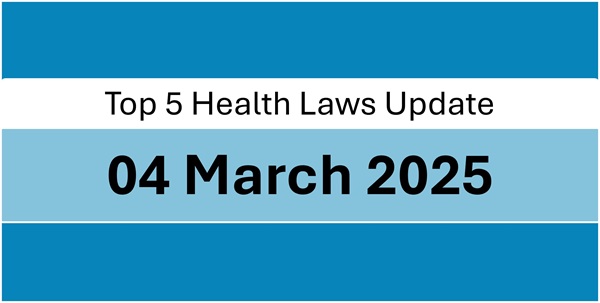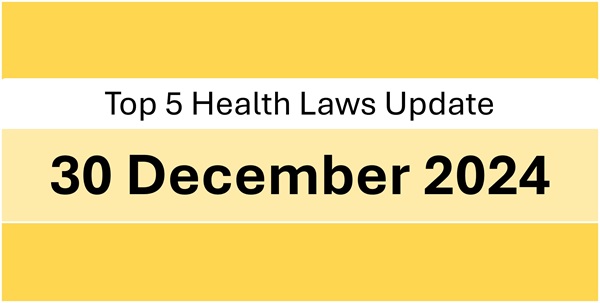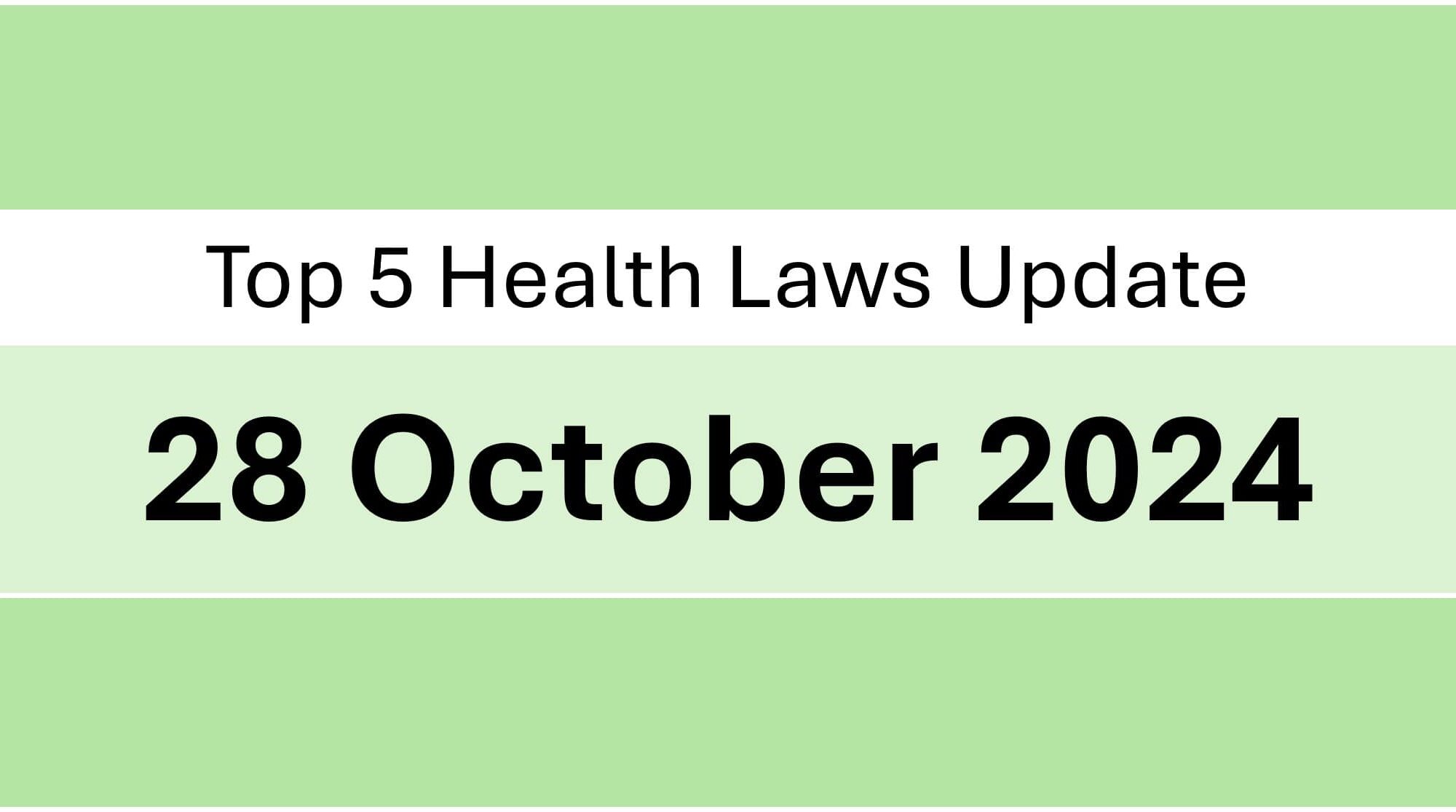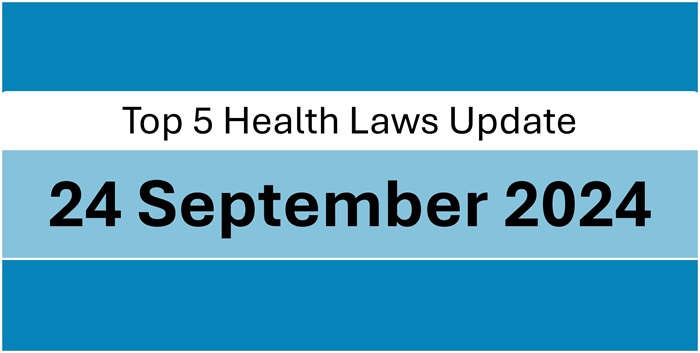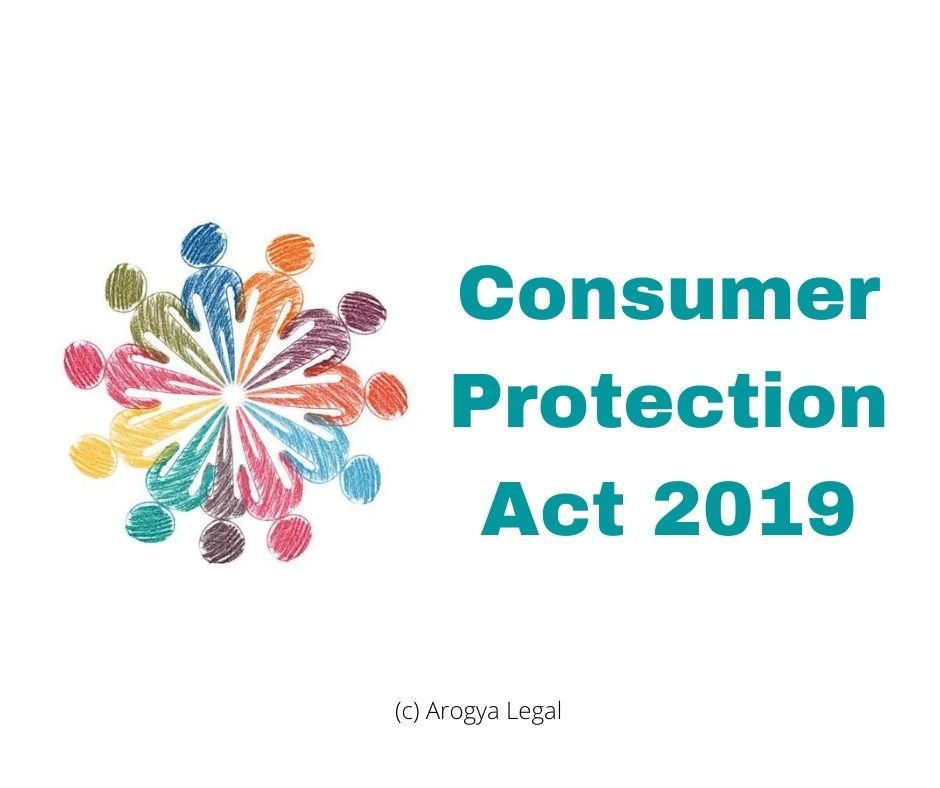Dear Readers, we are happy to share the most interesting legal and policy updates concerning health industry that we read today. we hope you enjoy reading it.
India’s Central Food Regulator (FSSAI) has published draft of the certificate required to be procured by importer of vegan food, from regulatory authority of exporting authority, in order to import vegan food into India. Objections may be submitted by 30th April 2025.
Source: bit.ly/4hbimbQ
2. Karnataka State Government is reportedly working on a Not of Standard Quality (NSQ) drug recall policy. In addition to recall, if a batch of medicines is found spurious or NSQ, the manufacturing and distribution license may get suspended until corrective actions are taken.
Source: bit.ly/4ioKGc0
3. India’s Environment Ministry (MoEFCC) has issued an SOP which clarifies that white-category industries can be exempted from obtaining consent to establish (CTE) only when they submit a self-declaration of compliance with applicable environmental laws. White category industries are least polluting industries.
Source: bit.ly/43mS433
4. India’s Central Pollution Control Board (CPCB) has discovered major non-compliances during audit of plastic packaging waste recyclers such as the absence of production capacity relative to Extended Producer Responsibility (EPR) certificates issued and the absence of GST invoices for sales transactions. Brand owners should not buy EPR certificates from such recyclers.
Source: bit.ly/43fNDXY
5. India’s Supreme Court has clarified that for an activity to be construed as “manufacturing” process requiring license under Factories Act 1948, the activity need not transform goods or necessarily produce an entirely new product that is commercially recognized as different.
Source: bit.ly/43fNQdI

